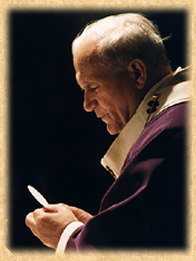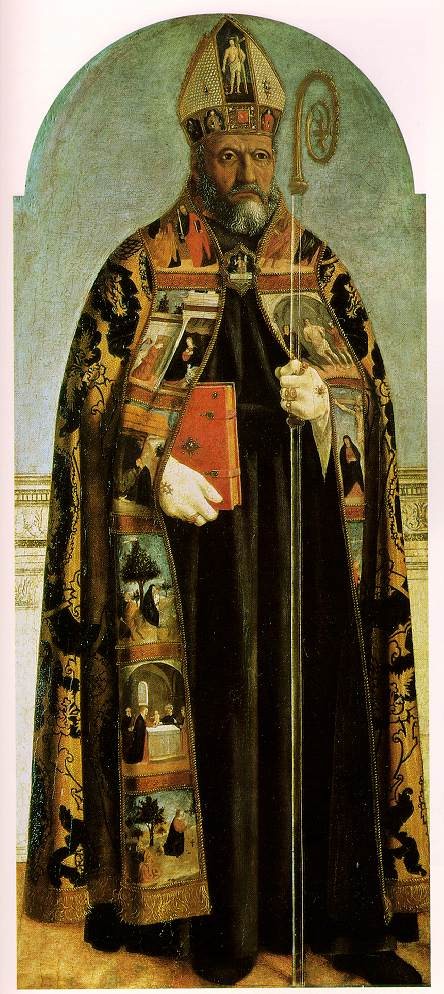
Now, I had read widely in the works of philosophers, committed a good deal to memory and still retained it, and I began to compare certain elements from my reading with the long-winded myths of the Manichees. The philosophers’ conclusions seemed to me more probable . . . (5.3.3).
Augustine notes the human pride which accompanies the philosophers who examine these heavenly phenomena. Distracted with this knowledge they fail to look for the Creator who made these calculations possible. Augustine admits,
Many true statements do they make about creation, but they do not find the Truth who is artificer or creation because they do not seek him with reverence. (5.3.5)
In fact Augustine goes on to parallel these philosophers with the corruption of the human conscience as seen in St. Paul’s letter to the Romans 1:19-20. Their unsound reason, distorts the truth into a lie, “and they worship and serve the creature instead of the creator” (5.3.5). In spite of this distortion he admits they have come to many true conclusions and compare to Mani “who had written voluminously (and incoherently) on these subjects . . . there was a wide discrepancy” (5.3.6).
Finally Bishop Faustus arrived in Rome. He was a very persuasive and eloquent speaker. It quickly became evident that in spite of Bishop Faustus’ elegant speech, he was not knowledgeable about philosophy. Augustine says he was ill-educated in the liberal arts, apart from grammar, and had read very little of Cicero or Seneca. In the end Faustus turned out to be completely incompetent for Augustine’s purposes.
This created a crisis in Augustine’s belief because it was obvious that Mani was ignorant of these matters and yet “still had the effrontery to teach them” (5.5.8). To make matters worse Mani claimed to be speaking through the Holy Spirit, with his full authority. Augustine realizes that this was sacrilegious because Mani passed off “his erroneous opinions as those of a divine person—himself no less” (5.5.8). Although Augustine did not immediately leave the company of the Manicheans his enthusiasm for their beliefs was waning.
Text © Scott McKellar 2011
All quotes in this series of blogs from Confessions are from, St. Augustine, Confessions, trans. Maria Boulding, O.S.B., The Works of Saint Augustine for the 21st Century, Ed John Rotelle, O.S.A., (New York, New City Press, 1997)
Image from Chapel of the Choir, Church of St. Augustine. Piazza Sant'Agostino 4, San Gimignano. Scene 4. After meeting Faustus of Mileve, Augustine decides depart for Ostia


 A we approach the Beatification of Pope John Paul II I think we are all struck with the shear magnitude of his accomplishments. The Vatican Website lists the
A we approach the Beatification of Pope John Paul II I think we are all struck with the shear magnitude of his accomplishments. The Vatican Website lists the  In Book 4, Augustine tells us that he lived with a girl whom he does not name. The relationship was for pleasure and not for the purpose of marriage and family though he acknowledges that he was faithful to her. Later in Book 6 we will glimpse the deeper feeling he felt for this woman (6.15.25). Based on his discussion of his son Adeodatus in 10.6.14 the chronology of these nine years does not appear to be clear. It is likely that he had already taken this partner earlier (cf. 2.2.4).
In Book 4, Augustine tells us that he lived with a girl whom he does not name. The relationship was for pleasure and not for the purpose of marriage and family though he acknowledges that he was faithful to her. Later in Book 6 we will glimpse the deeper feeling he felt for this woman (6.15.25). Based on his discussion of his son Adeodatus in 10.6.14 the chronology of these nine years does not appear to be clear. It is likely that he had already taken this partner earlier (cf. 2.2.4).



